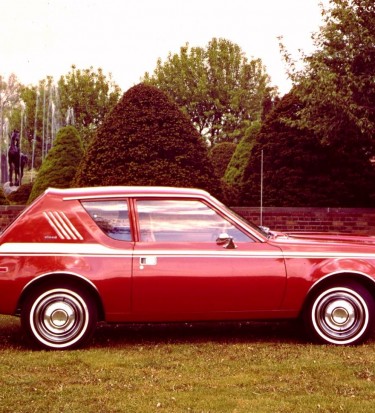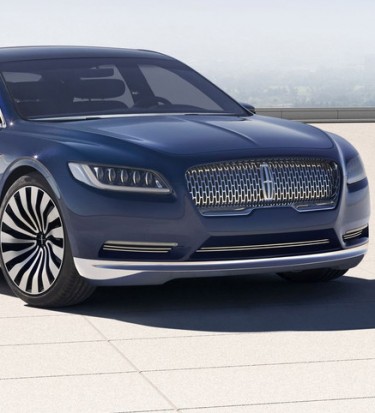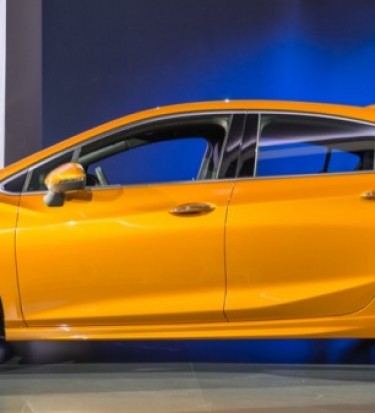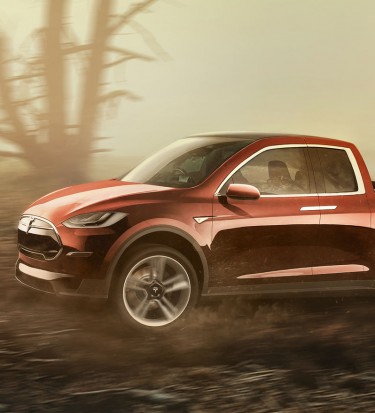European-style compact cargo vans outperformed all other new vehicle segments in the United States in 2014, their sales rising no less than 57.9 percent. During the same period, sales of traditional large vans rose just 7.3 percent. The well-received Ford Transit Connect introduced modern American small businesses to the idea that their delivery and fleet vehicles need not be huge, hard to maneuver, and thirsty for gas.
The small cargo van is similar in concept to the classic panel wagons used by milkmen and for other delivery jobs during the Golden Age of Detroit motoring. This form factor was largely forgotten for decades as large vans with powerful V8 engines dominated business purchases, but today, those same buyers find they sometimes do not really need all that space and horsepower.
Compact Cargo Vans: The Major Players
Ford sold 43,210 Transit Connect vans in the U.S. in 2014, the lion’s share of the total 68,436 units sold in the segment. The Nissan NV200, which New Yorkers might be familiar with in its taxi cab variant, was second at 13,385 units. Rounding out the field were the Chevrolet City Express, which was just released in December 2014, and the aging RAM Cargo Van, which is essentially a re-worked variant on the consumer-market Dodge Grand Caravan minivan.
Later this year, RAM Trucks will replace its minivan spinoff with a dedicated cargo van of its own. Called the Promaster City, it features similar exterior and cargo hold dimensions to the Transit Connect. RAM’s parent company, Fiat-Chrysler Automotive, has a ton of experience building small cargo vans thanks to its Italian Fiat division. The Promaster City is based on the Fiat Doblo cargo van sold in Western Europe, though it has been given some extra power and ruggedness to better cater to American roads and buyer preferences.
Hyundai Motor Company is another foreign automaker seeking to enter the compact cargo van game. Although Hyundai is the 5th-largest automaker in the world, its commercial vehicles division is little-known outside its home market of South Korea. The company has announced a $1.8 billion investment in new commercial vehicle development by 2020. That will include at least one cargo van model to be sold in the U.S., though Hyundai has not yet confirmed if it will be a traditional full-size van or something more akin to the panel wagon-style models seeing such red-hot sales of late.
Why Not Just Buy a Full-Size?
While businesses who need to move around 15 passengers at a time or bags full of concrete would still be better served by a GMC Savana or Mercedes-Benz Sprinter, those full-size vans tend to grow larger with each passing model generation. In today’s dense cities, it just makes sense to downsize for those who do not need the extra cargo capacity and payload.
Compact van buyers can also expect fuel efficiency ratings in the mid-20-mpg range, rather than less than 20 mpg, as can be expected from a full-size van. Finally, purchase price is a serious factor. The Transit Connect starts at just $22,330, while Ford’s own full-size Transit cannot be had for less than $29,735. When applying those savings over a fleet of 10 vans, or 100, the compact cargo van starts looking even more attractive.







